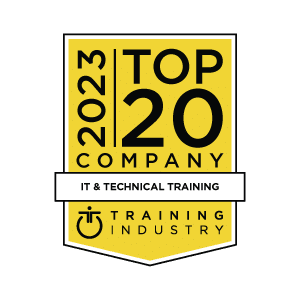This Oracle Database 12c: Clusterware Administration training will explore general cluster concepts and Oracle Clusterware architecture. Work with expert Oracle University instructors through interactive instruction and hands-on exercises to reinforce your learning. In this course, you will be introduced to Oracle Database Exadata Cloud Service.
Learn To:
- Perform Grid Infrastructure pre-installation tasks.
- Install both Standard and Flex clusters.
- Add and remove nodes from a cluster in addition to upgrading and patching existing Grid Homes.
- Manage and administer both Standard Clusters and Policy-Managed Clusters.
- Use Oracle Clusterware to make applications highly available.
- Gain an understanding of the Oracle Database Exadata Cloud Service.


